The Kabbalah of Money
Rabbi Nilton Bonder
Review By Dan Geddes
I found the title misleading, insofar as the mystical connotation of Kabbalah were largely missing. I think this book could easily have been titled more within the Jewish tradition without being misleading.
This criticism aside, The Kabbalah of Money offers novel insights into our relationship to money. Although to some the adages about the responsibilities associated with wealth, and the invocation of the Market as a mythical force, may well echo supply-side economics or the writings of Ayn Rand, the constant use of anecdotes gave such apologies a more human quality than the usual defenses of capitalism. Moreover, human experience is divided into four planes (connection to the infinite, emotional, spiritual, material) so that material gain is seen as but one facet of existence; Bonder believes that we are often better often trading material wealth for wealth in one of the other three planes.
Surrounding Bonder’s conception of wealth is the idea of responsibility, ecology in its original sense of stewardship. Seeking excessive wealth or causing excessive poverty are both stresses on the Market that eventually lower the common wealth; thus, these behaviors should be avoided. Inherent in the Jewish tradition is the notion of the wheel of wealth; people reach high points of wealth after which they know the cycle will turn and somewhat harder times will come; similarly, people’s fortunes may well bottom out, so they know that their luck will turn.
Bonder sees nearly all elements of human behavior as being somehow reducible (when we have a meaningful reason to reduce things) to the Market. The Market becomes the grand standard of human affairs so that our time, our words, our reputations, all have repercussions on the Market, making it all the more important for us to speak and act responsibility.
On a personal level, the book helped me to see how one can carry out his financial dealings in a responsible manner, without considering himself a ruthless capitalist or worth. The call to excellence does not necessarily mean amassing excess wealth; but it does mean earning one’s living, achieving self-sufficiency and preparing for hard times. There is a spiritual element to so many of our dealings; if more realized this and saw the ‘big picture’, they might handle their finances more responsibly, in terms of conservation, ecology, and generosity.
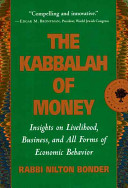





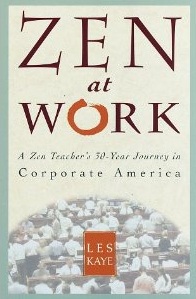
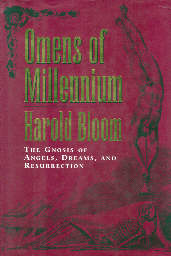
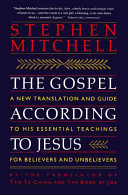
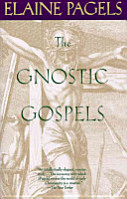

Be First to Comment